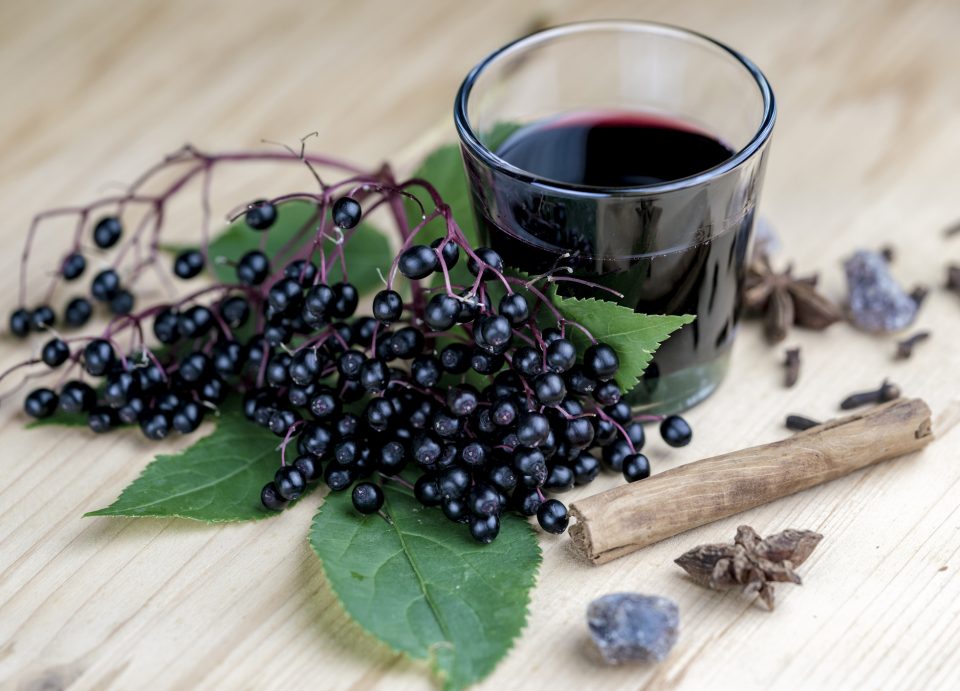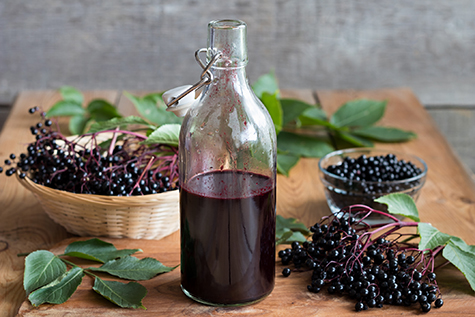How Elderberry Helps Relieve Flu Symptoms


Elderberry juice has long been used to help relieve flu symptoms, however, its mechanisms in influenza had not been identified. However, the March 2019 issue of the Journal of Functional Foods published the findings of researchers at the University of Sydney of a mechanism by which elderberries combat influenza
Dr Golnoosh Torabian and colleagues administered elderberry juice serum and the elderberry compound cyanidin 3-glucoside to cultured cells prior to, during and after they had been infected with the influenza virus. The researchers observed a direct antiviral effect in association with both elderberry juice and its active compound.
“What our study has shown is that the common elderberry has a potent direct antiviral effect against the flu virus,” Dr Torabian stated. “It inhibits the early stages of an infection by blocking key viral proteins responsible for both the viral attachment and entry into the host cells.”
While the antiviral effects of elderberry during the early phase of infection were mild, it showed stronger effects during the post-infection phase. “This observation was quite surprising and rather significant because blocking the viral cycle at several stages has a higher chance of inhibiting the viral infection,” noted coauthor Dr Peter Valtchev.
“In addition to that, we identified that the elderberry solution also stimulated the cells to release certain cytokines, which are chemical messengers that the immune system uses for communication between different cell types to coordinate a more efficient response against the invading pathogen,” added Fariba Deghani, of the University of Sydney’s Centre for Excellence in Advanced Food Enginomics.
Although elderberry was demonstrated to have a direct antiviral effect, the authors concluded that “Elderberry exhibits multiple modes of therapeutic action against influenza infection.”
